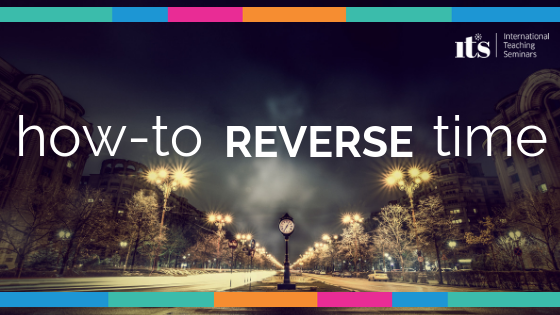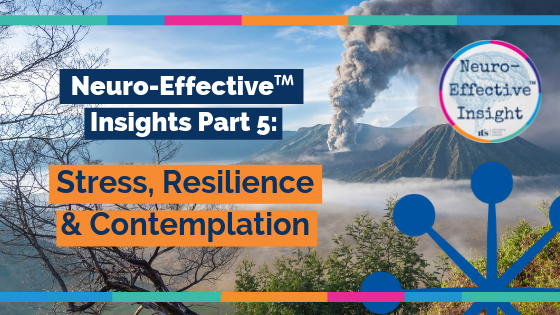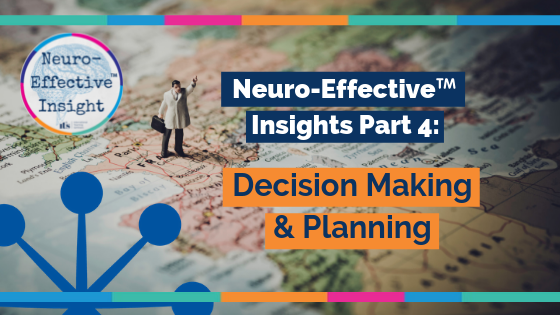If you’ve ever spent any time around kids you’ll know how they’re always asking questions and exploring. But as they grow older many people seem to become less curious. How come? It’s not like they had their ‘curiosity gene’ removed. Maybe they were discouraged from asking questions, maybe the price of fitting in was to shut down inside, maybe they were busy just trying to survive.
Whatever the reason many people seem to settle into a groove and begin repeating themselves. But this comes with a hefty price tag. Here’s why – ‘same old same old’ just doesn’t stimulate your brain to make new neural connections. That means you’re less likely to be as creative as you could be. You can still be successful but often people in this position tell me that something’s missing. As one of my clients put it, “I’m supposed to be super successful but actually I’m overstressed and under-stimulated.”
Hit the ‘refresh button’
By contrast, being curious is stimulating in lots of ways. And It gives you some of what you had as a kid; you feel more energised, more alive and more engaged. This makes a difference to how you feel on any given day. It also tends to make you more courageous and willing to step outside your comfort zone. This matters because, as I said to someone last week, “wonderful things are happening just outside your comfort zone.”
If you’re curious all manner of things in the world can be fascinating to you. If you are fascinated you will feel engaged and you’ll have a much richer life. If you are blasé about everything – “oh yes, I’ve seen it all before” – this is a warning sign that your sphere of interest has become too narrow. This is how you can miss out on a lot. No one has seen it all, nor ever could.
Be more creative
Curiosity is really important because it’s the wellspring of creativity. Out of curiosity comes the opportunity for your brain to make new neural connections that allow you to have thoughts that come apparently unbidden. Some of these may be interesting to others – in which case you get to be interesting too.
Exercise curiosity
So how do you build your curiosity muscle? Start asking questions that you don’t know the answers to. Be open to different kinds of information, people and experiences. Do this and you could become a lifelong learner.
ITS is in the business of lifelong learning – we believe that if you’re curious you’ll be learning all your life. There will always be more to learn about the world and of course there is always more to learn about the person you are – think of it as coming home to yourself.
As one life-long learner put it, toward the end of his life: “I am still learning”. And who might that have been? Well, that was Michelangelo, at the ripe old age of 87.
If you want to learn more about curiosity and find out how it can improve memory, read my other blog post on ‘Are you harnessing the buzz of curiosity?’ – for a Neuroscience perspective on curiosity.
Until next time,
Ian McDermott, ITS Founder





Leave A Comment